

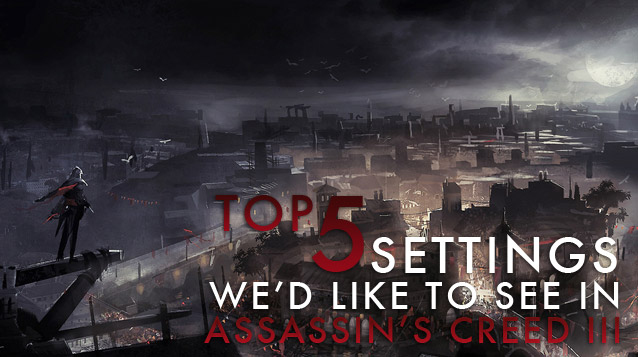
Now that Ubisoft has confirmed Assassin's Creed III will be launching later this year, all that's left to find out is... well, everything, actually. Release date aside, we've heard shockingly little about what exactly the game will entail. So far, all we know for certain is that Assassin's Creed III won't feature Ezio or Altair, instead putting us in the shoes of another one of Desmond's ancestors.
Of course, not knowing anything about the game is only a minor hurdle for your average fan, and speculation has been predictably rampant. Folks have been busy combing through the ending of Revelations looking for clues as to where the franchise is headed next. At the moment, the most popular theory is that the game will be set during the American Revolution, but it's really anyone's guess.
We figured we'd contribute to the discussion by throwing our own theories into the mix. Here are five settings we'd like to see in Assassin's Creed III, along with an honest appraisal of their chances.

Why it'd be awesome:
Jack the Ripper, ridiculous Cockney accents, and steampunk gadgets, all set in one of the densest and most architecturally impressive cities in the world. Need we say any more?
Why it could happen:
If Florence, Rome, and Venice were the cultural centers of the Western world during the Renaissance, London undoubtedly held that banner for much of the 18th and 19th centuries. As the world's first true global superpower, the British Empire is perhaps the most logical next step for the franchise, and the urban sprawl of London would make an excellent game world.
Why it might not:
For as great as the geographic and cultural aesthetics would be, there just wasn't anything terribly important going on in 19th century London. The only real conflicts Britain experienced during the era were abroad, in its colonial ventures. Apart from the occasional crime spree, things were fairly quiet at home. It's just not likely that the Assassins would have had much to do, and we doubt Ubisoft is aching to include pipe smoking and tea sipping minigames. Maybe for the Kinect spinoff.
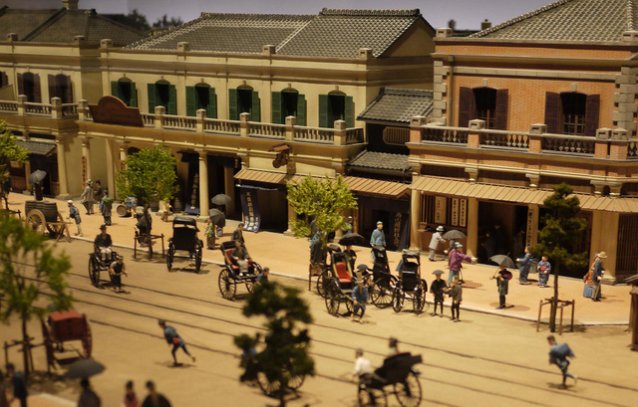
Why it'd be awesome:
The Meiji Era was when Japan began to Westernize and open up to the rest of the world. It's entirely plausible that one of Desmond's ancestors could have come to Japan during this period, and this rapid transition between the traditional and the modern would provide an amazing backdrop for any action game. Just imagine: ninja, samurai, and gun-toting soldiers, all fighting together in one big, violent melting pot. Sure, Ubisoft would need to take a few creative liberties with the timeline, but the end result could be spectacular fun.
Why it could happen:
The Meiji Era has all the hallmarks of a great Assassin's Creed story: political intrigue, violent power struggles, and a rich cultural heritage to explore. It wouldn't be entirely unexpected, either: the cryptic messages discovered by Desmond in his cell at the end of the first game contained a few references to Japan.
Why it might not:
While late 19th century Tokyo would certainly lend some amazing atmosphere, it would also be lacking in the way of tall, easy-to-scale buildings. That might sound a bit silly at first, but verticality is crucial to the franchise's gameplay, and Tokyo hasn't historically been home to many tall structures. To make things worse, the broad, sloping roofs that are most commonly associated with traditional Japanese architecture would be a real pain in the ass to climb.
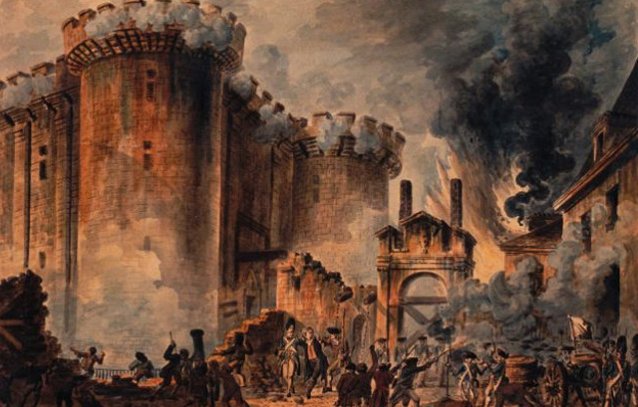
Why it'd be awesome:
The tight, crowded streets of pre-Napoleonic Paris would be a perfect fit for the franchise's trademark parkour gameplay and provide a lot of opportunities for the virtual sightseeing, something that made Assassin's Creed II and Brotherhood a delight.
Why it could happen:
Like the Renaissance and the Crusades, the French Revolution is one of those historical events that's at the forefront of our cultural consciousness. We all know Marie Antoinette, Louis XVI, Robespierre. We all know the Storming of the Bastille and the guillotine. It's just the sort of era that Assassin's Creed loves to infuse with a new, conspiratorial subtext.
Why it might not:
While there was widespread violence and a decidedly fitting struggle between freedom and authoritarian control, the circumstances surrounding the events would make it hard to put together a rewarding narrative. No one wants to hunt down the big bad king using all their assassin skills just so they can sit around and watch a cutscene of his public execution by guillotine.
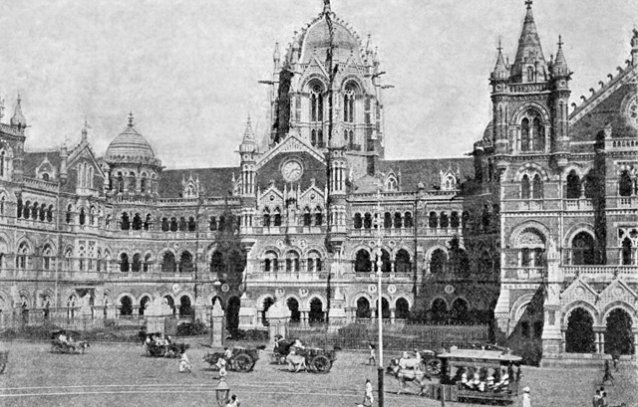
Why it'd be awesome:
Four games in, the Assassin's Creed franchise is starting to feel a tad bit formulaic. A shift to a more exotic setting would definitely help fix that, and the tropical climes of India seem like a great bet. Any one of half a dozen cities would provide unique architecture, a drastically different culture and mythology to delve into, and — most importantly — the chance to assassinate someone while they're riding an elephant.
Why it could happen:
If there's one glaring theme that runs throughout every one of Assassin's Creed's settings, it's the sense that you're at a cultural crossroads. Old architecture meets new, Western influence meets Eastern, and the result is always a rich, varied world for you to traverse. Colonial India would have that in spades, with ancient buildings standing alongside newer, more European designs, and the tension of imperialism looming ever large in the background.
Why it might not:
While the broader strokes match up well, it's hard to imagine the specifics panning out. The Assassin's Creed franchise tends to focus on brief, tumultuous eras that had a lasting impact on the world. The Indian independence movement was a very gradual, protracted process, and it didn't result in any remarkable shifts in the geopolitical climate. Besides, we're fairly certain Ghandi's philosophy of passive resistance wouldn't mesh too well with the Assassins' violent way of life.
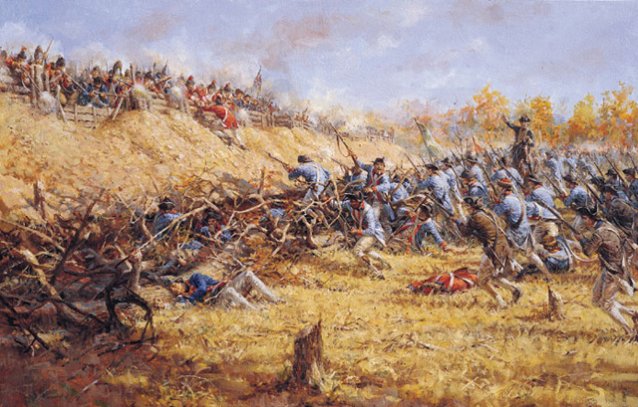
Why it'd be awesome:
Hey, just because it's popular doesn't mean it's not a great idea. The American Revolution is bursting with iconic events and personalities that perfectly fit the Assassin's Creed mold. With a little imagination, the game practically writes itself. Ben Franklin is the quirky inventor who supplies you with new gadgets. Sam Adams, Thomas Jefferson and the other patriots are actually a secret society of Assassins working to foil some Templar scheme. It'd be like Assassin's Creed meets National Treasure, only with less Nic Cage. Everybody wins!
Why it could happen:
With a few important cities — New York, Boston, and Philadelphia — and a lot of countryside in between, the American Revolution certainly lends itself to the typical Assassin's Creed experience, at least from a geographical standpoint. The conflict's "liberty versus tyranny" theme also dovetails nicely with the series' central conflict between the Assassins and Templars.
The end of Revelations also contains references to an important location in upstate New York, making this the perfect setting to wrap up Desmond's story arc.
Why it might not:
The smart money's here, and for good reason. There aren't many downsides to setting the game during the American Revolution, save for the fact that it might alienate fans in countries that don't place as much emphasis on the period as the US does.
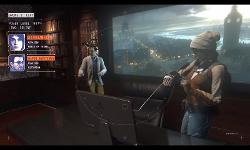
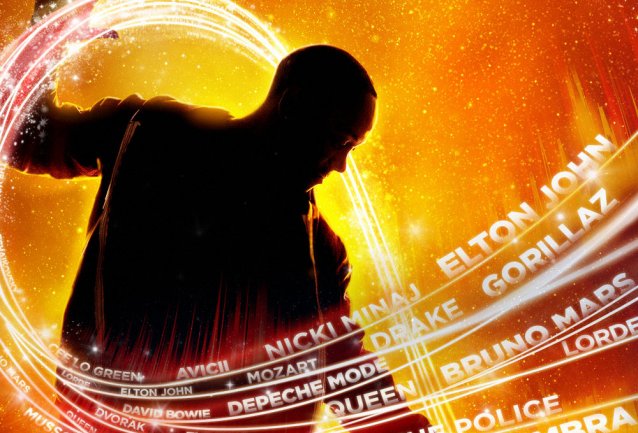


 Splinter Cell: Blacklist Collectibles Super Guide
Splinter Cell: Blacklist Collectibles Super Guide Big Game Studios Are Killing the Video Game Industry
Big Game Studios Are Killing the Video Game Industry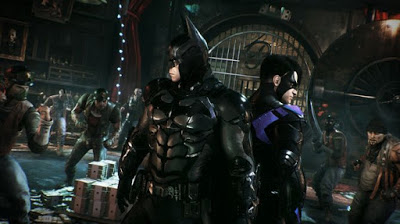 Batman Arkham Knight quick and simple leveling guide
Batman Arkham Knight quick and simple leveling guide Rayman Origins Walkthrough
Rayman Origins Walkthrough Can Shared Graphics Finally Compete with a Dedicated Graphics Card?
Can Shared Graphics Finally Compete with a Dedicated Graphics Card?